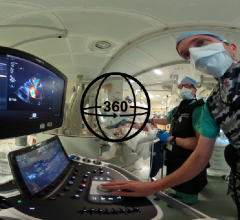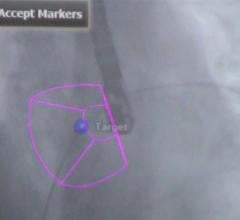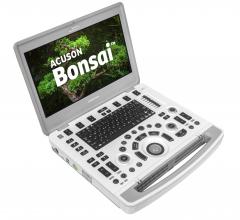May 15, 2007 - According to two separate studies presented at the American Society of Breast Surgeons (ASBS) Annual Meeting, an intraoperative breast cancer probe, the Dune Medical probe, demonstrated significant potential for reducing positive surgical margins in lumpectomy patients—including those with hard-to-detect, pre-invasive, ductal carcinoma in situ (DCIS).
Selected for oral presentation at the 2007 ASBS conference, the first study found that the device fully detected 86 percent of positive margin patients during surgery, potentially converting them to negative status during this initial procedure. In the study, intact lumpectomy specimens were sampled immediately following excision by applying the Dune probe to multiple measurement sites on each margin examined. The probe readings were compared with post-operative pathology results on the same precisely identified margin areas. Conducted at two medical centers, the trial analyzed 314 breast tumor margins with approximately 3600 measurement points.
The second study, presented as an ASBS poster, found that the Dune device was able to identify 20 out of 21 DCIS sites post-operatively on freshly excised breast cancer tissue as verified by pathology reports. This study involved 46 lumpectomy specimens and 282 measurement sites, which were carefully selected to exclude tumor-concentrated sites. The Dune device also identified pathologies for a full range of additional breast tumor types with complete or high degree accuracy.
© Copyright Wainscot Media. All Rights Reserved.
Subscribe Now


 May 04, 2023
May 04, 2023 








